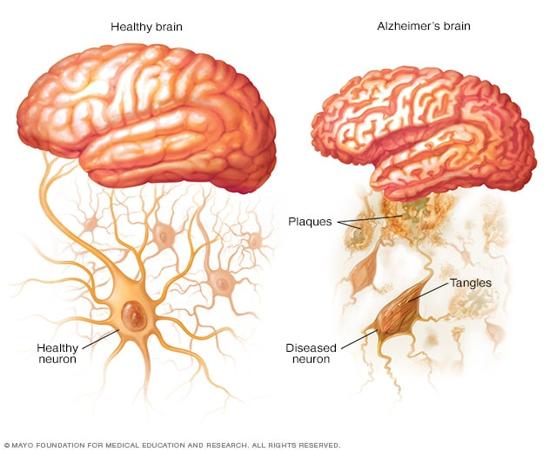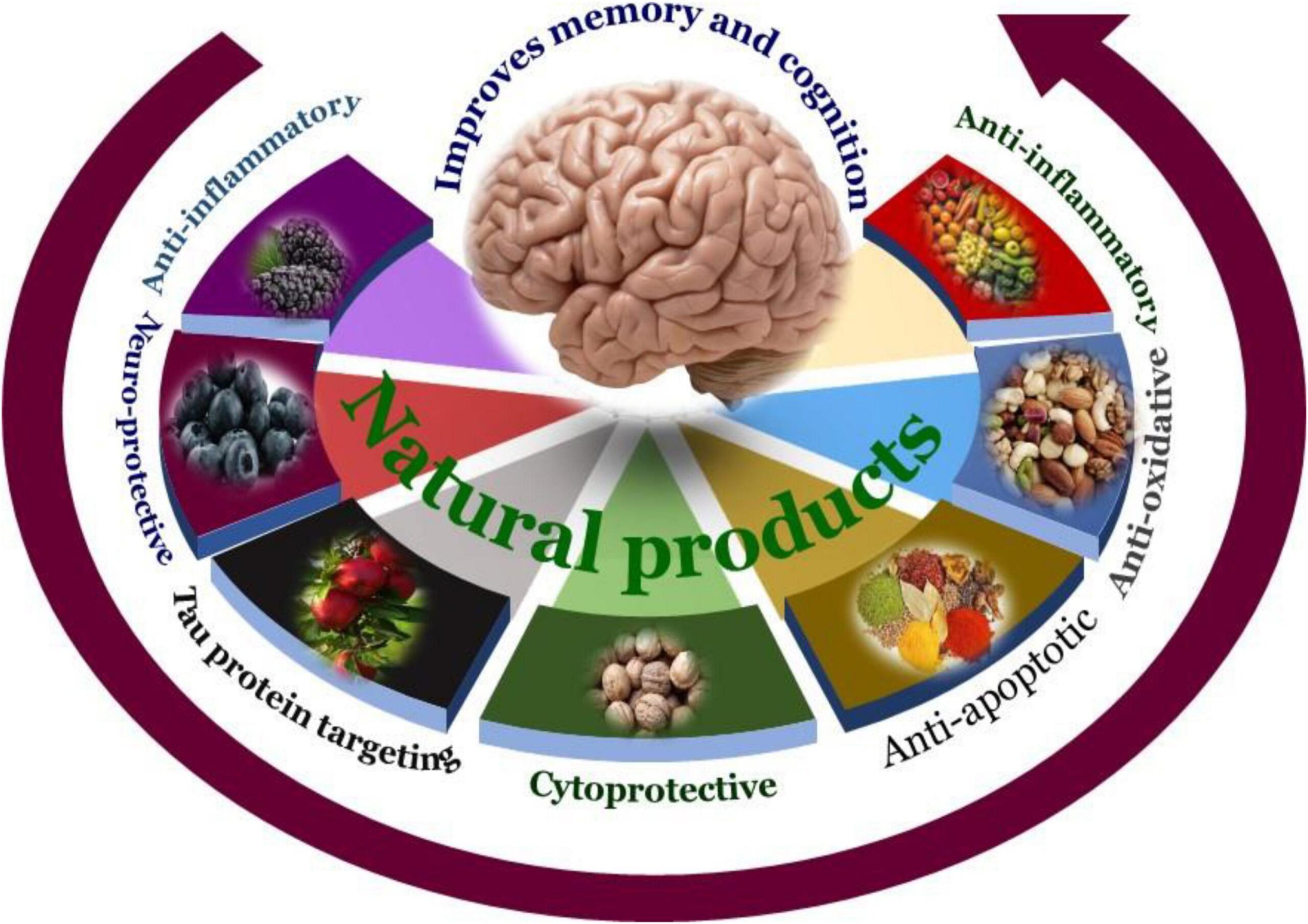Understanding alzheimer’s dementia brain health
When it comes to cognitive health, the impact of Alzheimer’s Dementia on the brain is profound. The brain of a person with Alzheimer’s Disease undergoes significant changes that affect memory, thinking, and behavior. In this article, we will delve into the relationship between brain health and alzheimer‘s, exploring its effects and ways to support cognitive function.
The brain and alzheimer’s disease
Alzheimer’s disease is a neurodegenerative disorder that primarily affects the brain. It is characterized by the accumulation of abnormal protein deposits in the brain that disrupt communication between nerve cells, leading to cell death and tissue loss. These changes result in the progressive decline of cognitive function and memory loss commonly associated with Alzheimer’s Dementia.
Benefits of Supporting Brain Health in Alzheimer’s
While Alzheimer’s Disease presents significant challenges, there are ways to support brain health and potentially slow down cognitive decline. By promoting brain health in individuals with Alzheimer’s, we can improve quality of life, enhance cognitive function, and delay the progression of the disease.
how dementia and alzheimer’s affect the brain
Alzheimer’s and other forms of dementia impact the brain in various ways. They lead to the formation of plaques and tangles in the brain, disrupt neurotransmitter function, and cause inflammation and oxidative stress. These changes contribute to the deterioration of brain cells and ultimately result in cognitive impairment.
FAQs About Alzheimer’s Dementia Brain Health
1. What are the early signs of Alzheimer’s Disease affecting the brain?
Early signs of Alzheimer’s affecting the brain include memory loss, confusion, difficulty completing familiar tasks, and challenges in problem-solving. Recognizing these symptoms early can help in timely intervention and management of the disease.
2. How does Alzheimer’s Disease impact the brain structure?
Alzheimer’s Disease leads to the shrinking of brain tissue and the formation of plaques and tangles, which disrupt neuronal communication. These changes affect memory, cognition, and behavior, causing progressive decline in brain function.
3. Can lifestyle choices influence brain health in Alzheimer’s patients?
Yes, lifestyle choices such as regular physical exercise, a balanced diet, mental stimulation, and social engagement can positively impact brain health in Alzheimer’s patients. These measures can support cognitive function and overall well-being.
4. What role does medication play in managing Alzheimer’s effects on the brain?
Medications aimed at managing symptoms of Alzheimer’s Disease can help regulate neurotransmitter levels and improve cognitive function. However, these medications do not reverse the underlying brain changes associated with the disease.
5. How can caregivers support brain health in individuals with Alzheimer’s?
Caregivers play a crucial role in supporting brain health in individuals with Alzheimer’s by providing a structured routine, engaging in cognitive activities, and promoting a healthy lifestyle. Emotional support and social interaction also contribute to overall brain health.
Conclusion
In conclusion, Alzheimer’s Dementia has significant effects on brain health, leading to cognitive decline and memory loss. By understanding how Alzheimer’s impacts the brain and implementing strategies to support cognitive function, we can enhance the quality of life for individuals living with the disease. Through a holistic approach that includes lifestyle modifications, medication management, and support from caregivers, we can mitigate the impact of Alzheimer’s on the brain and improve overall well-being.


